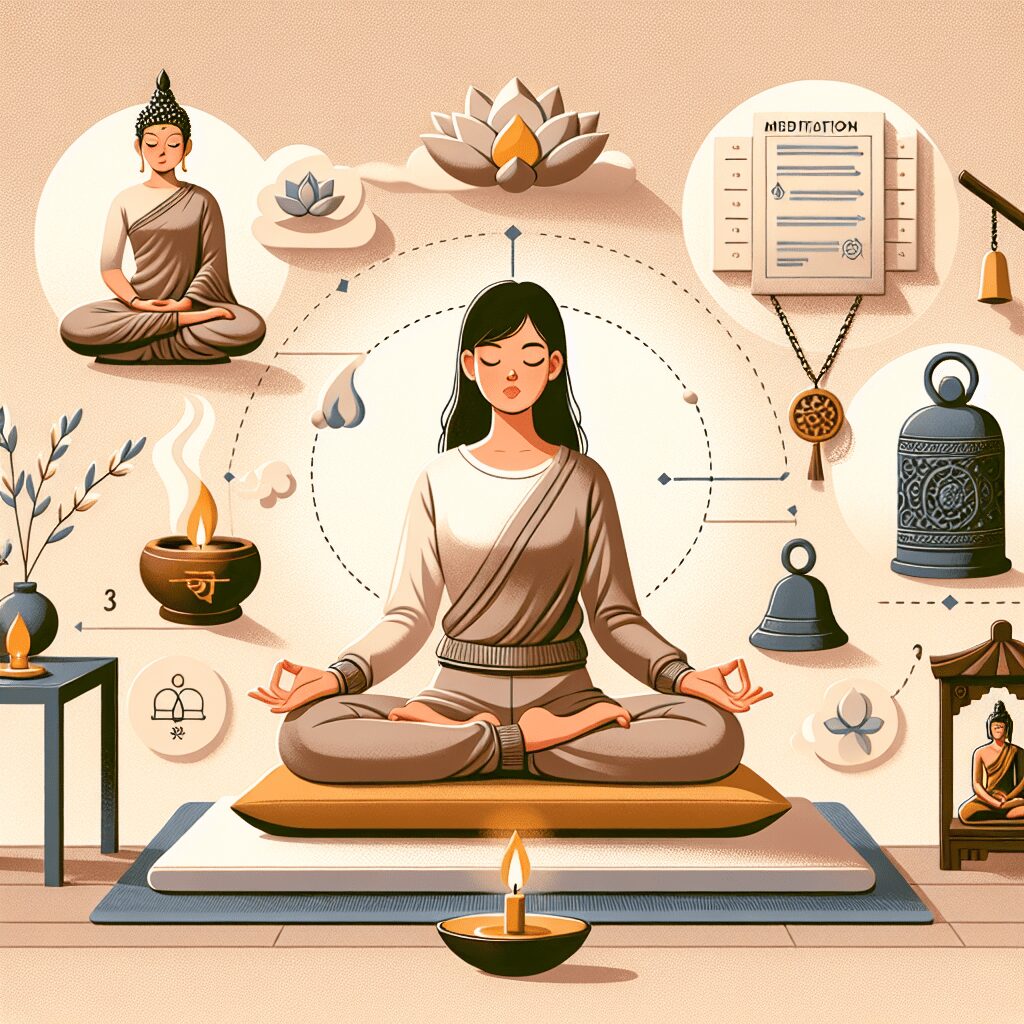
Prioritize your mental well-being daily. Enhance your life by nurturing your mental health with the Smart Meditation app. Break free from stress, alleviate anxiety, and enhance your sleep quality starting today.
Can Anxiety Make You Feel Dizzy?
Navigating the Labyrinth: Can Anxiety Spin Your World?
In the tapestry of mental health, anxiety often weaves complex patterns, sometimes throwing in a stitch that leaves many folks scratching their heads – dizziness. It’s a symptom that can have you feeling like you’re walking on a swaying bridge without guardrails. But can anxiety really be the puppeteer pulling the strings behind this unsettling sensation? Let’s dive deep into this whirlpool, armed with facts and insights, to uncover the truth.
The Unseen Tightrope: Anxiety and Its Mysterious Ways
Anxiety, the ever-present shadow for many, has long been recognized as a master of disguise, masquerading through a variety of physical symptoms. From the racing heart that feels it might just leap out of your chest, to sweaty palms that could rival a monsoon, anxiety has an extensive repertoire. Dizziness, as it turns out, is also part of this unsettling ensemble.
Here’s the Lowdown:
-
The Biological Ballet: When anxiety kicks in, your body is thrown into a “fight or flight” mode. Hormones like adrenaline flood your system, preparing you to face an unseen enemy or to skedaddle out of there fast. This can lead to a sudden drop in blood pressure or altered blood flow to the brain, cueing dizziness.
-
Hyperventilation Havoc: Ever noticed how your breathing patterns change when anxiety rears its ugly head? You might start to breathe faster or shallower, leading to hyperventilation. This bad boy can decrease the amount of carbon dioxide in your blood, rocking the boat and making you feel light-headed or dizzy.
-
The Muscle Tension Tango: Anxiety often invites muscle tension to the party, especially around the neck and shoulders. This uninvited guest can mess with the blood flow and nerve signals to your head, setting the stage for dizziness.
So, What Can You Do About It?
Feeling like you’re constantly walking on a tightrope isn’t exactly anyone’s idea of a good time. Luckily, there are ways to ground yourself and keep that dizziness at bay:
-
Mindful Breathing: This is not just a fad. Taking slow, deep breaths can help regulate your blood’s carbon dioxide levels and calm the storm inside.
-
Stay Hydrated: It’s simple but effective. Keeping your hydration levels up ensures your bodily functions are running smoothly.
-
Movement and Meditation: Engaging in gentle exercises or practices like yoga and meditation can help reduce muscle tension and teach your body to react differently to stress.
-
Seek Professional Guidance: If anxiety’s making you feel like you’re constantly aboard a rickety ship, it might be time to seek help from a mental health professional. They can offer personalized strategies to cope with anxiety and its dizzying effects.
To Wrap It Up:
Yes, anxiety can indeed make you feel dizzy, adding an extra layer of challenge to an already complex condition. However, understanding this connection is the first step towards regaining your balance. By acknowledging the symptom, exploring its roots, and applying concrete strategies, you can navigate through the fog of anxiety with more confidence. Remember, you’re not walking this tightrope alone, and there are ways to find steadier ground beneath your feet.





